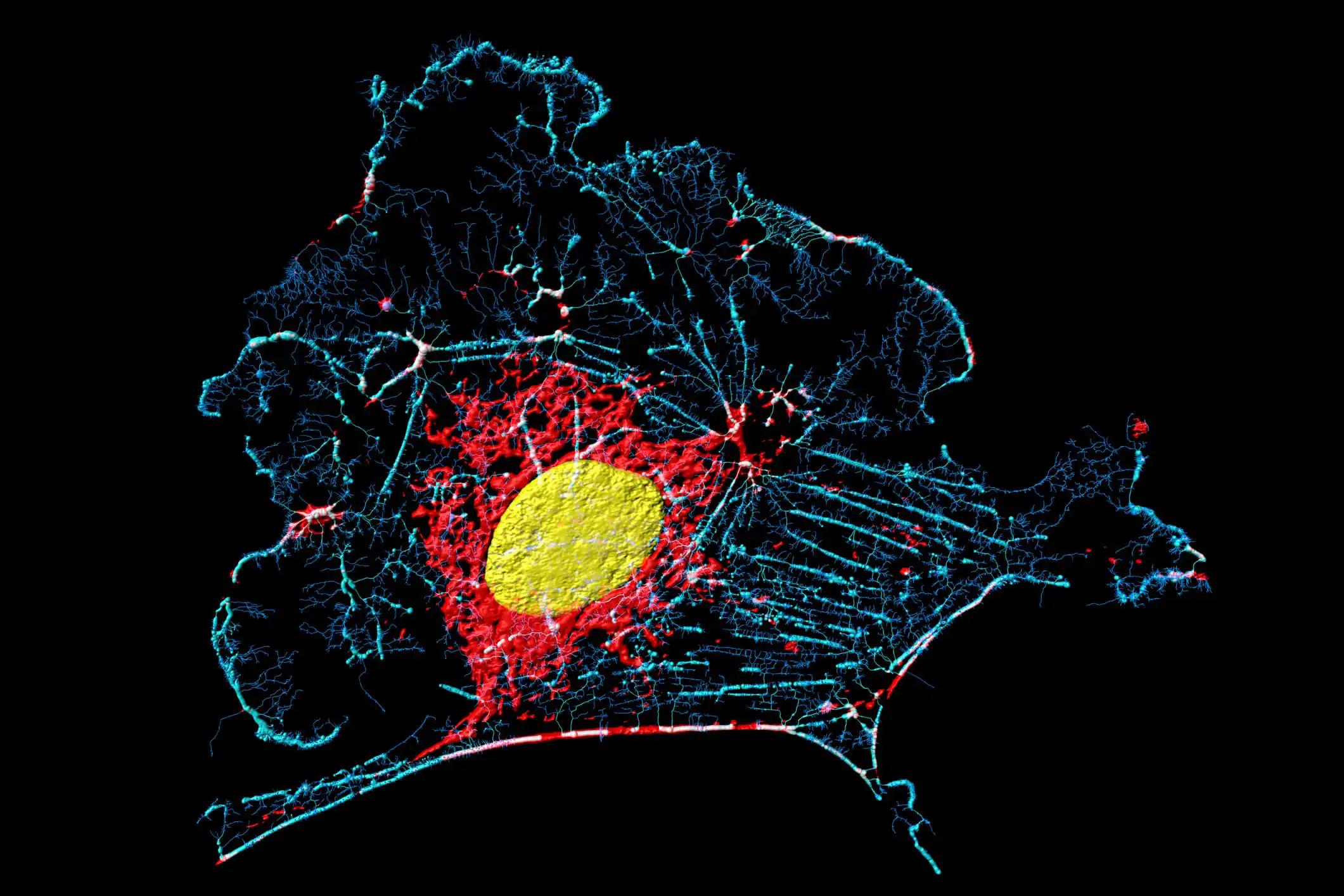KEY TAKEAWAYS
- The phase 1 and 2 trial aimed to evaluate LYT-200’s safety, PK, PD & efficacy in R/R HNSCC & UC.
- The results demonstrated that LYT-200 in monotherapy and TIS combo proves to be safe with promising antitumor activity in R/R pts, driving continued enrollment for further safety, PK, PD, and efficacy data.
Galectin-9 (gal9) is a new and hopeful target for treating solid tumors and blood cancer. When gal9 is too active, it weakens the immune system, hindering its ability to fight cancer through various immune functions. LYT-200, a fully human antibody, blocks gal9’s harmful effects, helping the immune system combat cancer better.
Gerald S. Falchook and his research group spearheaded the study that aimed to evaluate the efficacy of LYT-20 in counteracting immunosuppression and protumor functions for treating solid tumors and hematologic malignancies.
The study included both monotherapy and combination with the PD-1 inhibitor tislelizumab (TIS). The study focused on patients with relapsed or refractory head and neck squamous cell carcinoma (HNSCC) or urothelial cancer (UC), where gal9’s role is considered significant.
In the monotherapy phase, 20 patients received intravenous LYT-200 across 7 dose cohorts of 0.2 mg/kg to 16 mg/kg Q2W or 10 mg/kg QW. The median prior regimens (MPR) were 4 (range: 1-7). No dose-limiting toxicities (DLTs), LYT-200-related serious adverse events (SAEs), or G ≥3 AEs occurred. LYT-200-related grade ≤2 AEs were observed in 5 patients. Two infusion-related reactions (IRRs) occurred in patients with prior infusion related reactions (IRRs). Single-agent cohorts concluded with 10 mg/kg QW chosen as the clinically relevant dose. Out of 19 RECIST-evaluable patients, 3 had stable disease (SD): 2 pancreatic cancer patients at 2 mg/kg QW and 6.3 mg Q2W with SD for 18 and 4 months, respectively, and a colorectal cancer patient for 13 months at 10 mg/kg QW.
In the initial LYT-200/TIS combination cohort (LYT-200 6.3 mg/kg QW + TIS 300 mg Q4W), 6 patients started treatment with 4 RECIST-evaluable to date. The MPR was 3 (range: 1-5). No DLTs, immune-related AEs (irAEs), treatment-related SAEs, or grade ≥3 AEs occurred. Among the 3 evaluable (HNSCC patients, 2 showed responses: 1 complete response (CR) lasting 9+ months and 1 partial response (PR) lasting 8+ months on treatment. The 1 evaluable UC patient had SD for 4+ months, with nearly resolved pleural effusion and ascites. LYT-200 exhibits linear, dose-proportional PK with a geometric mean half-life of 6.6 days, supporting weekly dosing.
The result concluded that LYT-200, both alone and in combination with TIS, demonstrates a safe profile and exhibits antitumor effects in patients with historically low response rates to anti-PD1 agents. The ongoing enrollment for LYT-200 + TIS arms is in progress, and the forthcoming presentation will provide additional data on safety, PK, PD, and efficacy. This study is sponsored by PureTech.
Source : https://cslide.ctimeetingtech.com/immuno23hybrid/attendee/confcal/show/session/34
Clinical Trial: https://www.clinicaltrials.gov/study/NCT04666688
Falchook GS, et al. “A phase I dose escalation and expansion trial of LYT-200, a Galectin-9 antibody +/- tislelizumab.” Presented at ESMO IO 2023. (Abstract: 128P).



